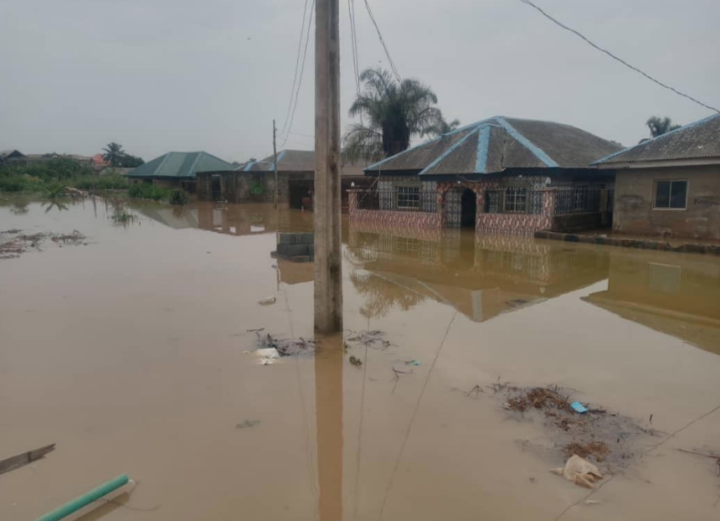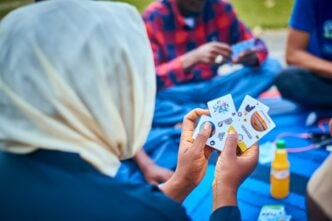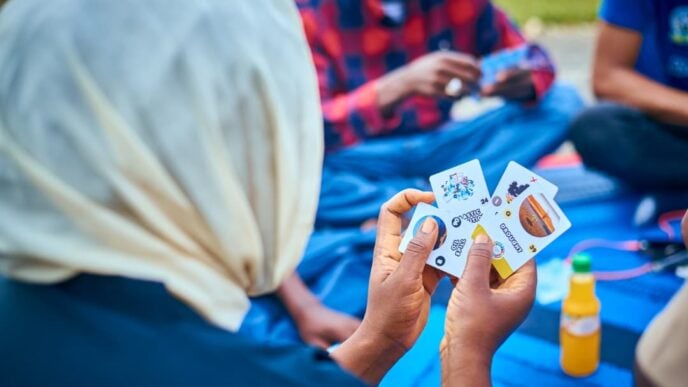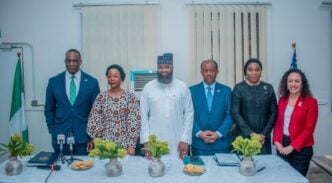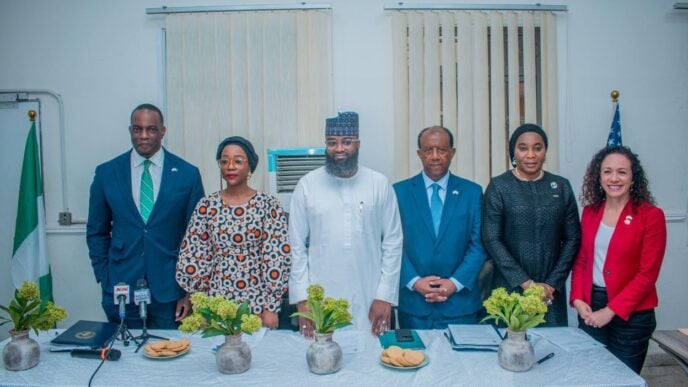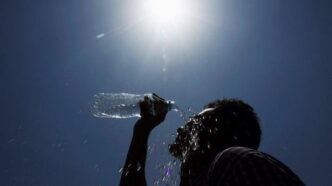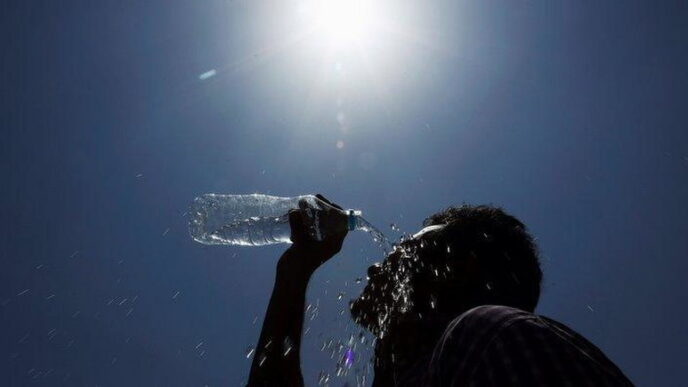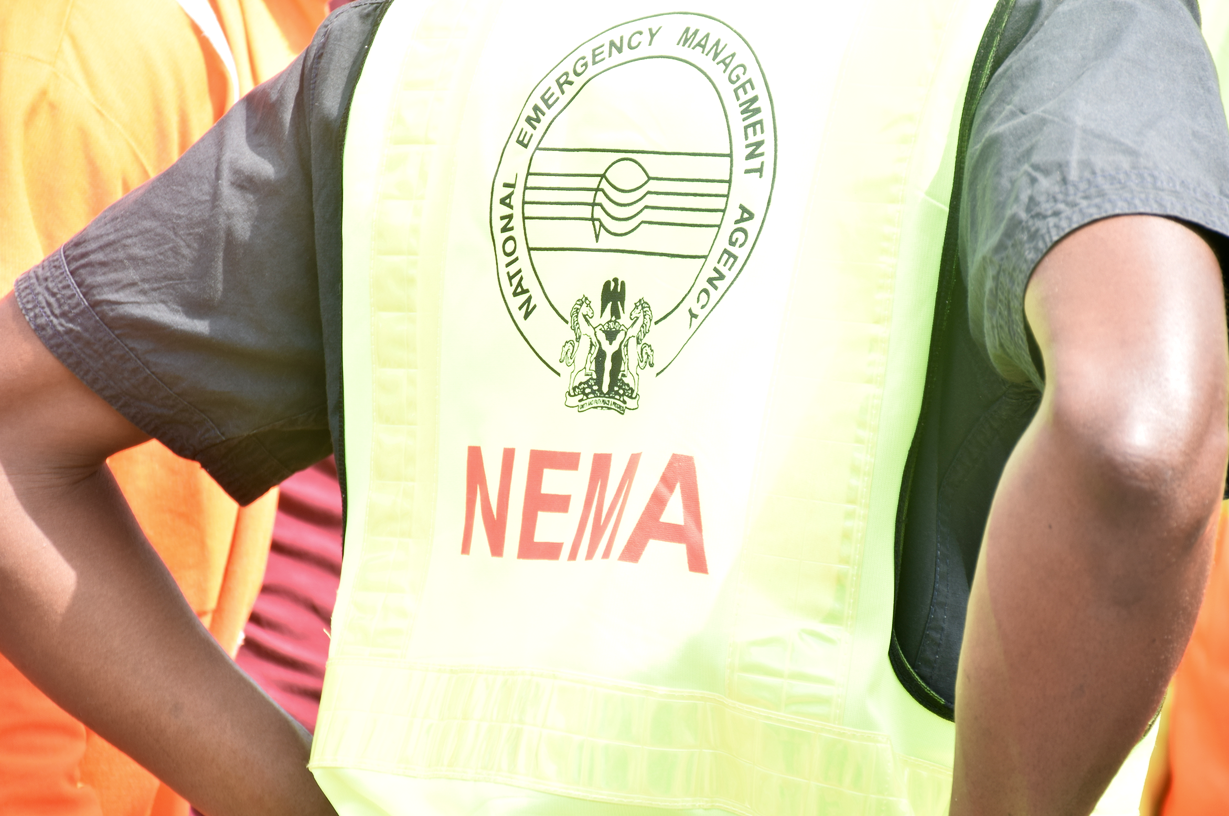Flooding | File photo
Climate change directly affects our communities, health, and livelihoods.
Yet, media coverage often prioritises politics and business over climate-related stories, leaving crucial environment news under-reported.
Climate Watch seeks to bridge this information gap, ensuring that important climate change stories and mitigation efforts stay on your radar.
Here is a round up of last week’s climate stories:
Advertisement
- Sokoto, Kebbi and Zamfara states have embarked on awareness campaigns and reactivated disaster response teams as part of efforts to mitigate anticipated flooding. The Nigerian Meteorological Agency (NiMet) and the Nigerian Hydrological Services Agency (NIHSA) had earlier forecasted heavy rainfall and possible flooding in parts of the north-west and north-central regions in 2025.Some communities have already begun experiencing flooding, windstorms and other associated disasters.In Sokoto, Aminu Liman-Bodinga, special adviser to governor Ahmad Aliyu on the State Emergency Management Agency (SEMA), said the government is collaborating with the National Emergency Management Agency (NEMA), security agencies, fire services, Red Cross and other stakeholders to strengthen response capacity.
He added that relief materials, including food items, building materials and household supplies, have been stockpiled across warehouses to support communities that may be affected.
“No fewer than 1,400 households have already been affected by floods in Kware LGA,” said Mustapha Umar, SEMA’s director of relief and rehabilitation.
In Zamfara, Musa Kainuwa, commissioner for humanitarian affairs, said the government is clearing waterways and evacuating refuse dumps to reduce the risk of flooding. He cautioned residents against dumping waste in drainages or building in flood-prone areas, urging riverine communities to relocate to safer ground.
AdvertisementAbdullahi Suleiman, director of the Zamfara Emergency Management Agency (ZEMA), said the state is carrying out sensitisation programmes in high-risk communities to build resilience. He recalled that more than 4,000 houses were destroyed during last year’s floods in Gummi and Talata Mafara LGAs.
For Kebbi, Muhammad Hamidu-Jarkuka, commissioner for humanitarian affairs and empowerment, said the state has made “timely preparations” for disaster response and provided budgetary allocations to assist likely victims.
“We carry out enlightenment exercises, community contacts and provision of logistics as proactive approaches to disaster response in the state,” Hamidu-Jarkuka said.
Meanwhile, Aliyu Kafin-Dangi, head of NEMA’s Sokoto field office, said the agency has conducted a simulation exercise on flood disaster response in Sokoto, Kebbi and Zamfara to enhance coordination among stakeholders.
Advertisement“This is so because Sokoto, Kebbi, Zamfara, Niger and Kwara states have been identified as flood-prone in NiMet’s 2025 prediction and NIHSA’s annual flood outlook,” Kafin-Dangi said.
“Preparedness saves lives. Our ability to anticipate, respond and recover quickly from disasters depends largely on how well we train and work together before disaster strikes.”
-
The senate committee on ecology and climate change says it is working on legislation to establish green goal marshals — a 60-million strong youth corps — to drive grassroots climate action and boost Nigeria’s resilience to the effects of global warming. The initiative, designed under Nigeria’s nationally determined contributions (NDC 3.0) and climate resilience plans, is part of ECO2RUPPERS Nigeria’s strategy to drive climate-smart development. Seriake Dickson, chairman of the committee, said the programme aligns with the sustainable development goals (SDGs). Find out more here.
-
The negotiations in Geneva to secure a global treaty to end plastic pollution has ended without agreement on a draft text. The inter-governmental negotiating committee (INC), tasked with developing a legally binding instrument on plastic pollution, adjourned its resumed fifth session (INC-5.2) on August 15, saying talks would continue at a later date. Delegates at the conference failed to reach consensus on proposals aimed at curbing plastic production, phasing out harmful chemicals, and establishing financing and compliance mechanisms. Read more here.
Advertisement
